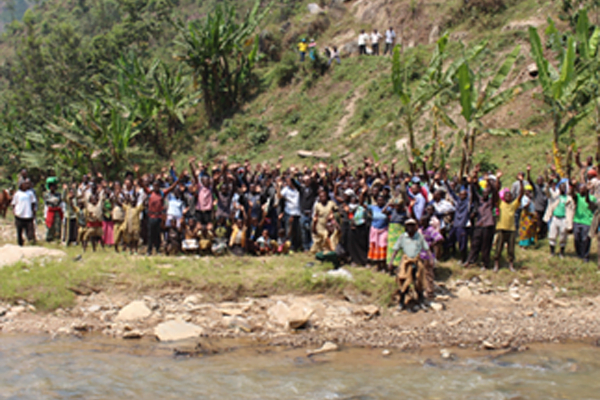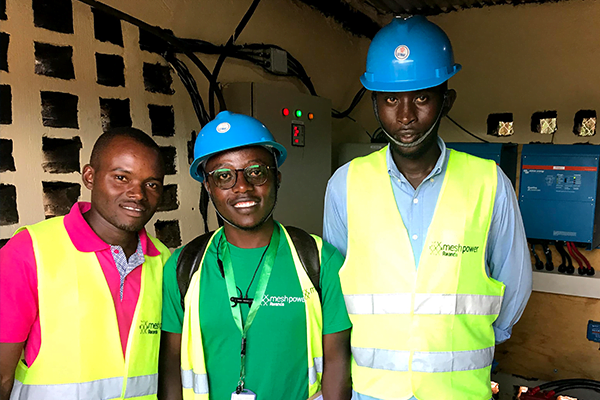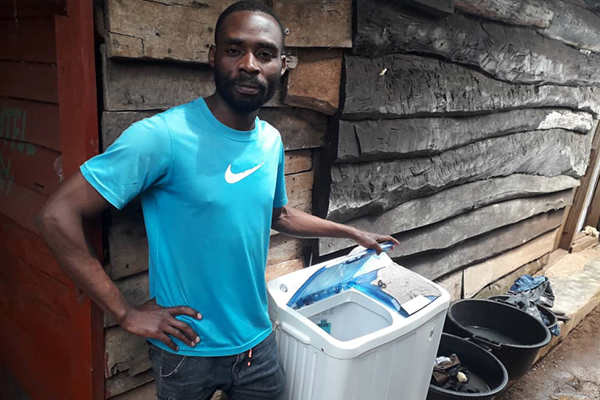
On the 23rd of May 2016 after 17 months of hard work, East African Power signed a PPA for the Rubagabaga Run of River Hydropower Project, with EUCL. EUCL – a subsidiary of the Rwanda Energy Group – is the national utility following the privatisation of the Energy Water Sanitation Authority (EWSA).
Despite the extended application process from October 2014 to May 2016, EEP was able to save the commercial viability of this project by stepping in to fill the viability gap that would otherwise have seen the project deemed not to be financially viable. Through EEP support EAP with its grant implementation partner, Practical Action, was able to negotiate the terms and conditions of the PPA with EUCL. Signing of the PPA was a remarkable achievement, alongside the official approval of a Concession Licence for the project, by the National Cabinet.
The Rubagabaga project will be one of the first Independent Power Producers to be developed and constructed under the new privatised utility in Rwanda. The CA was signed June 16, 2016 with the Ministry of Infrastructure and EAP expects construction to begin August 1, 2016. This EEP project has been able to adapt and navigate the evolving structural, policy and regulatory framework in the Rwanda Energy Market and is on the verge of setting an example of successful development of micro hydropower projects in a country full of micro hydro potential.
The aim of the hydropower project is to establish a new Private-Public-Community Partnership (PPCP) business model for the development of the 280kW run-of-river mini-hydropower plant on the Rubagabaga River in Ngororero and Nyabihu District, Rwanda. EEP support has made this new PPCP business model viable, helping to realize Rwanda’s first hybrid hydropower driven micro industrial park.
The development of the Rubagabaga Run of River Hydropower Project will design and install a new hydro-electric system which will not only provide clean electricity to the national grid but also establish a new local PPCP management model, with the potential to radically transform the way mini hydropower projects are developed and encourage other market participants to strengthen their economic development initiatives in the communities they work in.
Using innovation to provide access to clean energy
Profile of Felix Boldt, Founder and CEO of Solarworx - Zambia...
From Local Volunteer to National Operations Manager
Profile of Cleophas Ahishakiye, Operations Manager of Meshpower Rwanda...
Island Mini-grid Powers Local Businesses
Local entreprenuers on Kitobo Island highlight opportunities from Absolute Energy's mini-grid...





